CORONAVIRUS. Large parts of the world are on lockdown. Many people are dying; even more are getting seriously ill. Furthermore, the social isolation is causing loneliness and boredom. This is a crisis of a magnitude our generation has never seen before.
However, that does NOT mean that we have to feel like we’re victims of this crazy virus.
You might have caught the virus and are feeling ill, or you might know someone that is ill or has even died from it; maybe the effects of the social distancing and the lockdown are getting to you; your business might be suffering, or you might feel lonely or bored because you have to stay home all day…
This might cause you to feel like a victim because bad things are happening to you that are out of your control. You might feel that you don’t deserve the suffering caused by this crisis. However, bad things happen all the time.
Welcome to life!
This crisis is terrible and if you are seriously affected by it, I wish you all the best and hope you will recover.
However, whenever shit like this happens, we do have a choice…
We don’t have full control over our circumstances and what is happening to us, but we do have control when it comes to how we interpret and respond to what is happening. You can generally choose to interpret ‘bad’ events in two different ways:
1. I am a Victim
Whenever bad things happen to you, one option is to respond to it by feeling and acting like a victim.
You blame other people or circumstances for your suffering and tell yourself you can’t do anything about it. Furthermore, you believe that you are just doomed to suffer until external things change, and in the meantime, you feel like you have the ‘right’ to complain and receive attention.
When you believe this, you greatly disempower yourself because you transfer all your power to other people or circumstances, which literally makes you a slave to these external factors.
The victim mentality is actually the easy way to approach life and many people can get addicted to it because it has some perks:
- You don’t have to take responsibility for things because everything is out of your control anyway
- This means it is justified to engage in pointless pursuits and impulsive pleasure-seeking
- You feel entitled to less suffering and thus have the right to complain and receive attention
- Because of this, you actually receive attention and people are less likely to upset you
- You might get help from other people because you are making your situation out to be so bad
- Everyone except you is at fault so other people owe you something
Unfortunately, it has become quite popular to take up this victim mentality. People in our society have become so comfortable that they feel entitled to be comfortable ALL THE TIME, and whenever they are not, they feel like a victim. This has led to a society wherein there are a lot of passive, reactive, and complaining people.
One positive thing about this corona crisis is that it might be a good lesson for these people and help them to grow up and take responsibility, which brings us to the other way of looking at things…
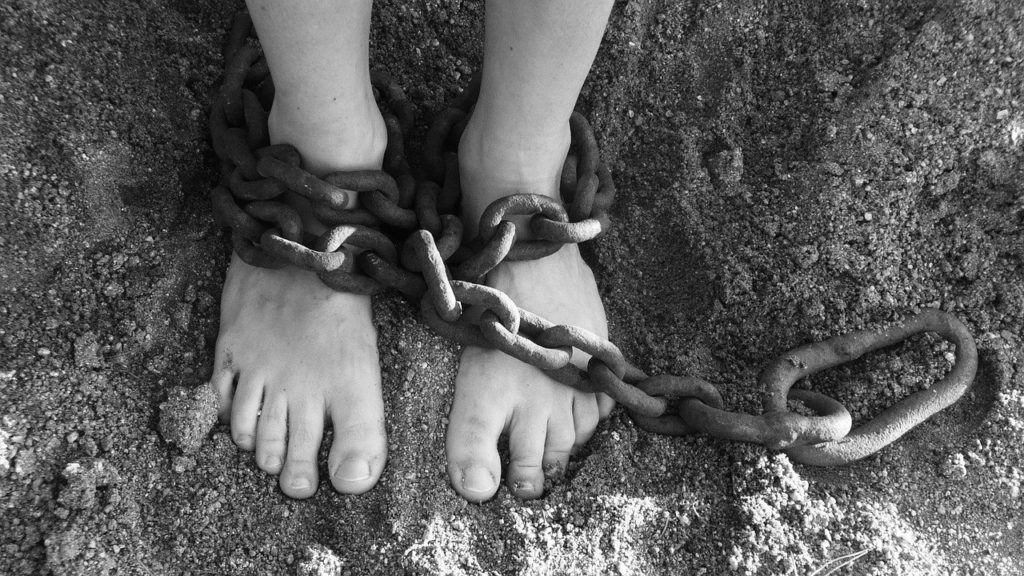
2. I am Responsible
The choice that leads to an empowered and meaningful life is to take responsibility for EVERYTHING in your life, both within and outside of your control.
You might be wondering ‘but this coronavirus is not my fault, why should it be my responsibility’? Being responsible and being at fault are often used interchangeably, but this is a fallacy. They are NOT the same thing. Let me explain.
Imagine that you are sitting by the pool and you see a toddler fall into the water. Even though it is not your fault that the toddler fell into the pool, the situation now has become your responsibility. Whether you like it or not, you now must choose how to handle that situation.
You don’t control the events that happen in your life, but you do control your response to them. Therefore, you must take responsibility for your thoughts, feelings, and actions in order to live a meaningful, empowered life.
We can learn a lot from stoicism when it comes to living with this empowering attitude, so let’s dive into the stoic philosophy a little bit.
The Stoic Philosophy
The stoic philosophers are masters when it comes to taking responsibility and focussing on the things that are within your control. They argue that you should not judge a person based on what happens in their life or their status in society, because they don’t have full control over that. You should judge a person on their character. In other words, how a person responds to events determines whether or not they are living a good life.
“The chief task in life is simply this: to identify and separate matters so that I can say clearly to myself which are externals not under my control, and which have to do with the choices I actually control. Where then do I look for good and evil? Not to uncontrollable externals, but within myself to the choices that are my own . . .”
Epictetus
Events in themselves are not good or evil, they just happen. How people respond to events can be good or evil. In order to live a good life, we must try to achieve eudaimonia, which means something like ‘to live in alignment with your highest self.’
There are 3 general steps to achieve this:
1. Accept what is, and focus on what you can control.
In order to live according to this principle, there first needs to be awareness. You have to be able to take a step back and determine what you have control over. If we can’t do this, we start worrying about things we don’t control and are left with less attention and energy for the things we can actually influence.
Worrying about things we have no control over is foolish according to the Stoics. We must realise that these things are outside of our power and accept them as they happen. Furthermore, we must make the best of the things that are within our control, which are our judgments and actions. The rest is outside of our control.
There are some things that are partly within our control though, like our health, relationships, wealth, and the outcome of our actions. We never know for sure what the outcome of our actions will be, but by focussing on making good choices in the present moment, we can influence what happens to us in the future.
Once you achieve the awareness to determine what is within and outside of your control, the next step is to take responsibility.
2. Take responsibility
When it comes to responsibility, the clue is all in the word itself. It is about how we respond to what happens to us. Our response consists of two elements: how we interpret events and what action we take in response.
‘People are not disturbed by things, but by the view they take of them’ – Epictetus
As mentioned earlier, we can choose to be a victim and get jerked around by circumstances, or we can decide to accept that we are in control of our response to events and therefore should take full responsibility for our own thoughts, feelings, and actions.
This is not easy however, cause once you do this, you can’t blame your bad behaviour on anything external anymore. No one is perfect and we all sometimes behave in an undesirable way.
However, when we uphold the stoic way of living, we can now choose how to respond to our mistake. This gives us the opportunity to acknowledge our mistake and do our best to make things right. This does require a lot of courage though; stoicism is not for the faint-hearted.
Once you have managed to take responsibility, the third step is to work on improving your character by aiming to express your highest self in every moment.
3. Express your highest self in every moment
The only way to improve our quality of choice is to develop ‘good character’. We can do this by developing strong core values and making choices that are in alignment with those values. A few suggestions for good core values are integrity, honesty, kindness, hard work, health, and simplicity. Feel free to add your own.
At the end of the day, don’t judge the day based on what happened to you, that is outside of your control; judge your day based on whether you lived and acted in accordance with your core values. In this way, you could have the shittiest day ever in terms of what happened to you, but still judge it as a good day.
Imagine that your partner broke up with you, you broke your leg, and you lost your job all at the same time. If despite those challenges you retained your integrity and kindness, your day was successful.
In fact, this might be one of the best days of your life! Challenges are an excellent opportunity to test how good your character is. In this extreme example, managing to live up to your core values is quite remarkable, so it would be right to feel ecstatic about the day.
That does not, however, mean that you can’t feel shit about what happened to you. Sure, go ahead and feel sorry for yourself, but don’t let that influence the way you interpret and respond to the situation. The way of stoicism is to take a step back, acknowledge and accept all emotions, and then work with them to turn them into something positive.
In essence, the idea is to just be a genuinely good person and not let your simple desires and negative emotions take over and make you act irrationally.
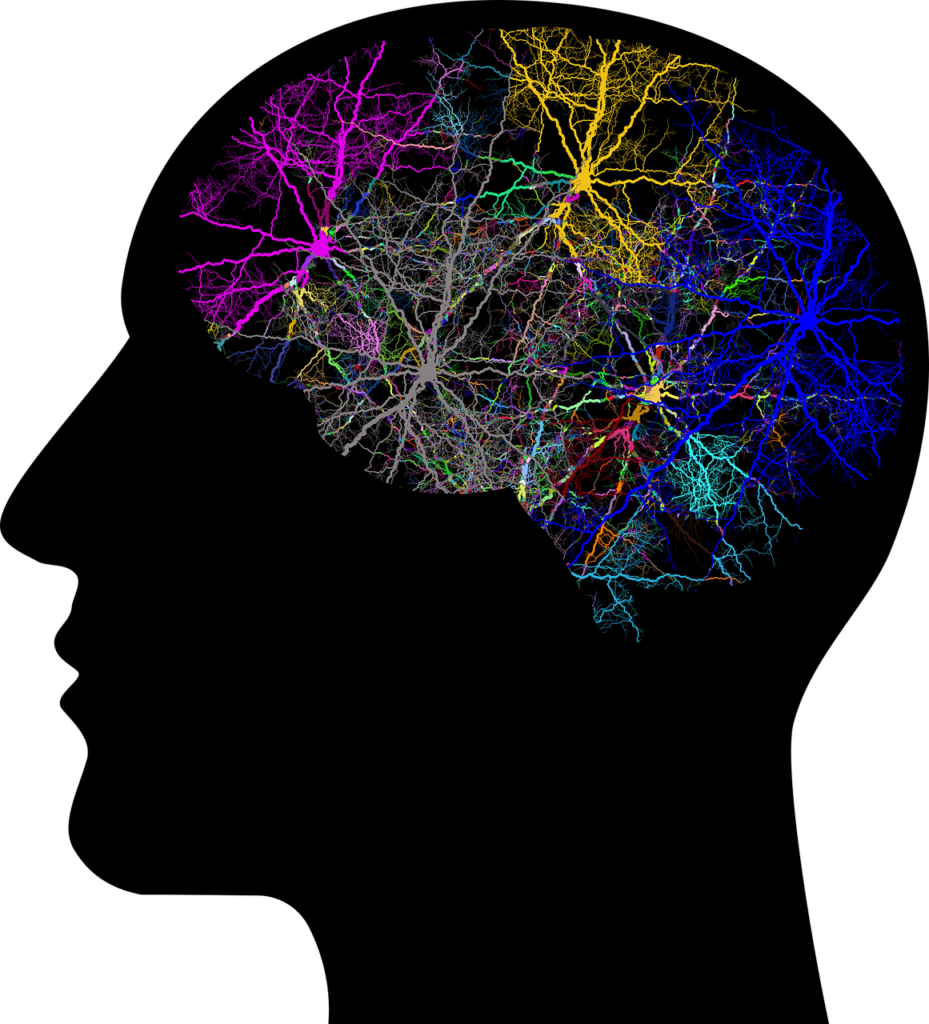
Stoicism applied to the corona crisis
Alright,
now let’s apply the stoic philosophy to the current corona crisis.
If we follow the philosophy of Stoicism and don’t want to get jerked around as
a result of victim mentality, the first step is to realise and accept that this
whole situation is outside of our control. There is no use in blaming the
Chinese, the government, or your neighbours. What we do have control over, is
how we interpret and respond to this horrible situation.
The first step is to choose how we interpret the situation.
What Story Are You Telling Yourself?
Many people are living a narrative driven by fear. This triggers the fight or flight response, making them think only of themselves which causes them to do crazy things like stack up on toilet paper and empty the supermarket shelves. They blame others for what is happening and feel entitled to continue their comfortable lives as usual. If you fall into this category, it is time to reflect and work on your character, cause this narrative leads to shitty behaviour.
The other option is to see this crisis as an opportunity for education and growth. Some people claim that ‘everything happens for a reason’ and that the universe is ‘trying to teach us a lesson’. Whether or not you believe that, I don’t think we need the concept of a higher power to create something meaningful out of a crisis.
As long as we take responsibility for the situation, every crisis is an excellent opportunity to learn something and to test and improve our character.
This crisis is showing us in what areas we need to make adjustments when it comes to responsibility and which values we should be focussing on.
Are you expressing your highest self?
The home-isolation is an excellent opportunity to reflect and see how we can improve our life and character. We first have to define our core values and then translate them into positive actions.
This crisis is highlighting certain core values that are crucial in times like these. I will go over some of them and give my view on how to translate them into action.
1. Health
This
is the obvious one. Making health one of our top priorities when it comes to
core values is now more important than ever. The amount of crap most people put
in their body on a daily basis is astonishing. It is compromising their immune
system which is making them more vulnerable to viruses like this.
If this situation is not a reason to get your health and lifestyle sorted, I
don’t know what is.
Here are a few actions that will improve your health:
Start eating REAL FOOD
Get rid of all that processed crap the supermarket is full of nowadays. Stuff your face with fruits and veggies instead and it will do wonders for your health and immune system.
Oh, and please stop eating animals. It’s bad for your health, the environment, and the animals, not to mention the ethical side of things…
(Not so) fun fact: most of the major virus outbreaks in recent history originated from an animal source, so yeah… check out this article: https://www.aljazeera.com/indepth/interactive/2020/02/deadly-viral-outbreaks-originated-animals-200205173647803.html
MOVE your body
The human body is not designed for a sedentary lifestyle. You don’t have to go crazy and do sports every day; just go for a walk, do some light yoga or stretching, and make sure not to sit for too long.
Calm your mind
A busy mind eats up a lot of your energy. On top of that, when you start introducing fear to the equation, you are asking to get ill. Fear and stress make you live in a constant state of fight or flight, draining your body of energy to maintain and restore the health of the body. The best way to do achieve tranquillity is with some kind of practice that focusses on mindfulness and awareness. Some ideas: meditation, yoga, Qi gong, Tai Chi, dance.
The next one also falls into this category but I want to pay some special attention to it…
BREATHE
One
of my yoga teachers always used to say that deep breathing is one of the most
important things to do. Even if you have very little time in your day for
self-practice, do at least 5 minutes of deep breathing. ‘it will change your
life’.
She’s not wrong. Just by breathing deeply (into your belly!) you can relieve
stress, calm your mind, and oxygenate the body.
Now, if you want to step it up a notch and really go for it, I suggest you try
Wim Hof breathing. His method was tested by scientists and it turned out his
breathing technique is extremely effective when it comes to strengthening the
immune system and fighting bacterial and viral infections.
Check out this tutorial:
Those
are the four main ones in my opinion but here are some more ideas:
– Spend time in the sun
– Spend time in nature
– Work on your spinal health by doing yoga and regularly visiting a
chiropractor
– Drink plenty of water
– Don’t take yourself too seriously
Your own health is not the only thing that is important though. The health of
the planet is equally important.
Well, actually, our personal health completely depends on the health of our
planet, so let’s give the planet some love too…
2. Health of the Planet
It
is incredible to see what all the lockdowns and travel bans are doing for the
planet. Air pollution has gone down like crazy and swans and dolphins are
returning to Venice. This virus might be one of the best things that has
happened for the environment in recent history.
What we can learn from this is that apparently it is fairly easy to restore the
environment. All we need to do is give nature a break.
Of course, it is impossible for us to all stay in our house forever, but we
should be more mindful of what we can do to help our planet. Here are a few
ideas:
Try to work from home more often.
A lot of people are now working from home and this is potentially something we could strive to do more often. This will alleviate the environment because we won’t have to travel to work and cause pollution. Another option, of course, is to move closer to your work so that you can walk there or go by bicycle.
Change the way you travel
This is one for myself, I LOVE to travel, but it’s not great for the environment unfortunately. We should be more mindful of where and how we travel. Maybe try planning your next vacation in a more sustainable way. Go closer to home, or find a different way to get to your destination. Take the train instead of flying, or maybe even go hitchhiking.
Stop eating animals
I think I mentioned this point earlier in this article, so let’s move on…
Embrace Minimalism
We live in a crazy consumer society, and it is completely unnecessary. Check out these stats of the last 500 years:
The population of humans has increased from 500 million to 7 billion since the year 1500; the value of all the goods produced by mankind in the year 1500 is estimated at 250 billion in today’s dollars, while in present-day we produce goods with a worth totalling 60 trillion dollars; and in the year 1500, we used to consume 13 trillion calories a day while in present-day we consume 1500 trillion calories[1].
This means that the population has increased fourteen-fold, compared to 240-fold for production and 115-fold for energy consumption[2].
I mean come on, that is ridiculous…
Furthermore, studies have established that our gluttony and pollution are leading to the 6th mass extinction of life on earth. If we continue in this trend, half of all species will be extinct by the end of this century[3].
So, let us try to reduce our consumption and invest in durable goods. For example, instead of going shopping every week and buying fast fashion, invest some more money into clothes that are quality and will last you a long time.
Living a more minimalistic lifestyle is the way to go. Check out this YouTube channel to get you started: https://www.youtube.com/channel/UCJ24N4O0bP7LGLBDvye7oCA.
There is also a pretty cool documentary on Netflix called minimalism. Check out the trailer:
3. Kindness and Community
The next values this crisis is highlighting are kindness and the importance of community.
The coronavirus has caused some beautiful acts of kindness in all parts of the world. People are realising that in times of crisis it is crucial to work together and help out the people in society that are vulnerable.
People are volunteering to do groceries for the elderly and sick, others are offering free online teachings, and some are offering a much-needed listening ear for whoever needs it. This is all contributing to community feeling. Everyone looking out for everyone. Furthermore, people are spending more time with their family and looking after their parents and grandparents.
This is beautiful.
This kind of community feeling has largely been missing in Western society. Our primary focus is usually our self and our career, and we put our community and family second. I hope it is a lesson that it is extremely valuable to focus on community and working together to create a more compassionate society!
Now, kindness isn’t the only thing that is important in society. Freedom is extremely valuable too. It is at risk though and that is something to be aware of…
4. Freedom
You are probably locked up in your own house at the moment because of social distancing policies, and it sucks. Not being able to see friends, go to work, travel, or even touch other people is a bummer.
This situation is compromising our freedom and really highlighting the value of it.
It’s funny how we don’t realise how valuable something is until we lose it. We have been lucky to live in a fairly free society and should work towards keeping it that way.
Unfortunately, freedom is at risk…
This situation is not only compromising our current freedom but is also threatening our future freedom. The decisions that we and governments make in the near future will shape our society for years to come.
In crisis situations, governments change policies and introduce measures in order to solve immediate threats. However, changes made in emergency situations usually end up being long-term or even permanent.
In the name of ‘This is for your own good and protection’, authorities could justify enforcing crazy things like mandatory vaccination and 24/7 surveillance and tracking of your biological processes and physical location. This could be beneficial to battling the spread of the virus, but once the storm passes, these measures will greatly compromise our privacy and our freedom.
Many people are living in fear at the moment. This is preventing them from thinking straight and a lot of people will embrace anything that will supposedly ‘protect’ them.
In the future, surveillance systems like this could be used to find out what we like, what we don’t like, what makes us happy and sad, etc. All this data could be used to sell things to us or even to manipulate and control us.
This topic deserves the space of a whole article or even a book, but I won’t go any further into it here. Yuval Noah Harari has written a pretty interesting article about this though. Check it out here: https://www.ft.com/content/19d90308-6858-11ea-a3c9-1fe6fedcca75
What I want to do is warn you about the potential threat to our future freedom. I invite you to stay aware of this and be ready to stand up for your freedom when the time comes that it gets seriously compromised.
As mentioned before, it is in challenging times that we have the opportunity to show our good character and to act in accordance with our core values. If you consider freedom to be important, keep reminding yourself that you should always keep fighting for it, regardless of the restrictions your government is imposing on you.
I hope I’ve given you some inspiration and insight into how to handle these difficult times. I’d say be healthy, be kind, and keep fighting for your freedom!
Don’t be a victim, be a victor!
Further Reading
This section includes affiliate links. I will receive a small commission if you buy something or take an action after clicking on these links. There is no extra cost for you and by using these links you will support this blog!
Blogs dedicated to stoicism:
The Daily Stoic: https://dailystoic.com/
Modern Stoicism: https://modernstoicism.com/
Books on stoicism:
An easy introduction to stoicism and a great place to start is the book:
How to Be a Stoic, by Massimo Pigliucci.
Some of the classic texts on stoicism:
Discourses, Fragments, and Handbook, by Epictetus.
Meditations, by Marcus Aurelius.
Letters on Ethics: To Lucilius, by Seneca.
Other related books:
How to be an Existentialist, by Gary Cox.
The Biology of Belief, by Bruce Lipton.
Sapiens: A Brief History of Humankind, by Yuval Noah Harari.
Homo Deus: A Brief History of Tomorrow, by Yuval Noah Harari.
Becoming the Iceman, by Wim Hof.
Minimalism: Live a Meaningful Life, by Joshua Millburn and Ryan Nicodemus.
Notes
[1] Harari, Y. N. (2011). Sapiens, a Brief History of Humankind, p.275. London, England: Penguin.
[2] Ibid
[3] Lipton, B. H., & Bhaerman, S. (2011). Spontaneous Evolution, p. 3. London, England: Hay House UK Ltd.
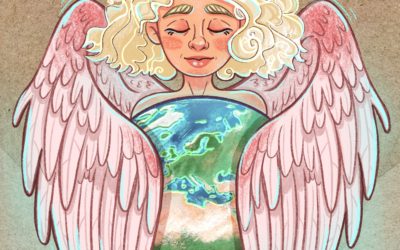

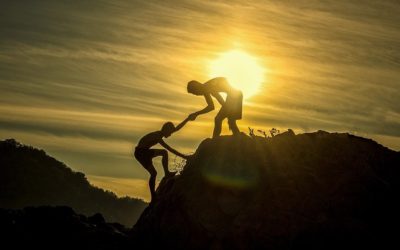
0 Comments